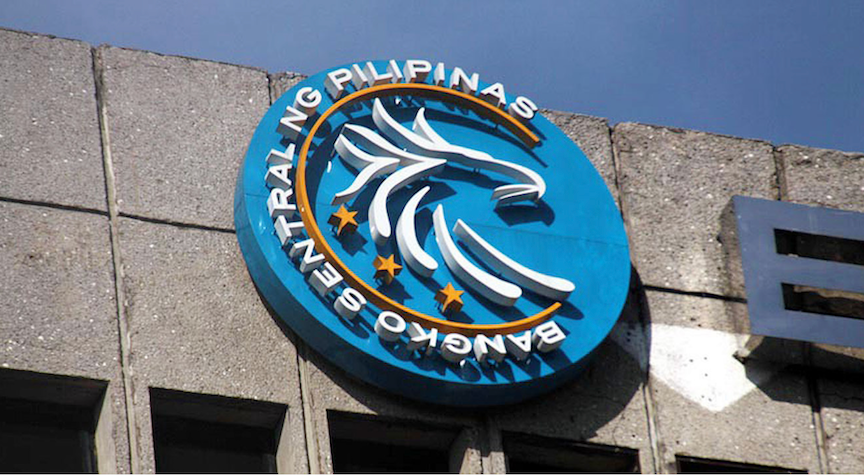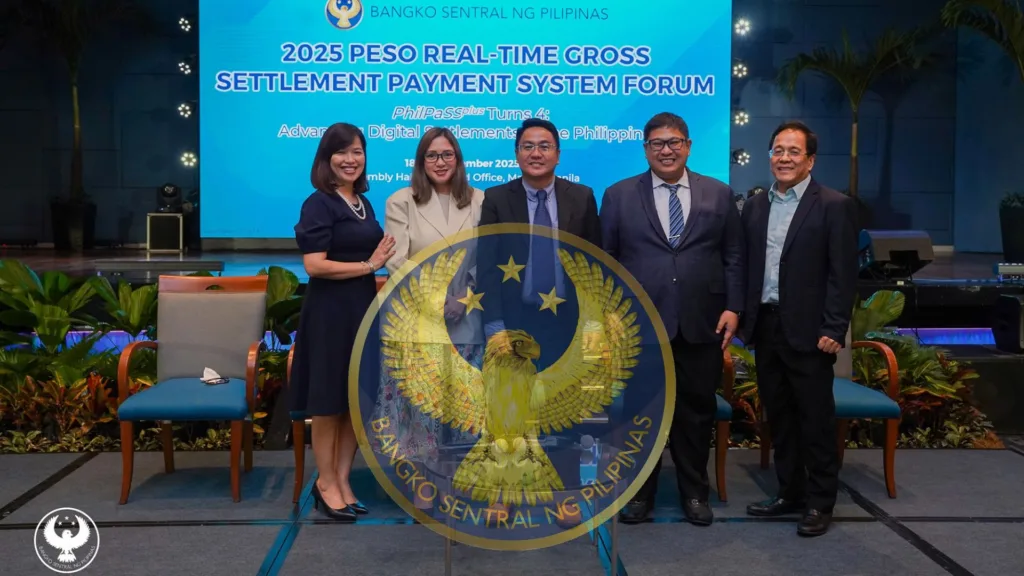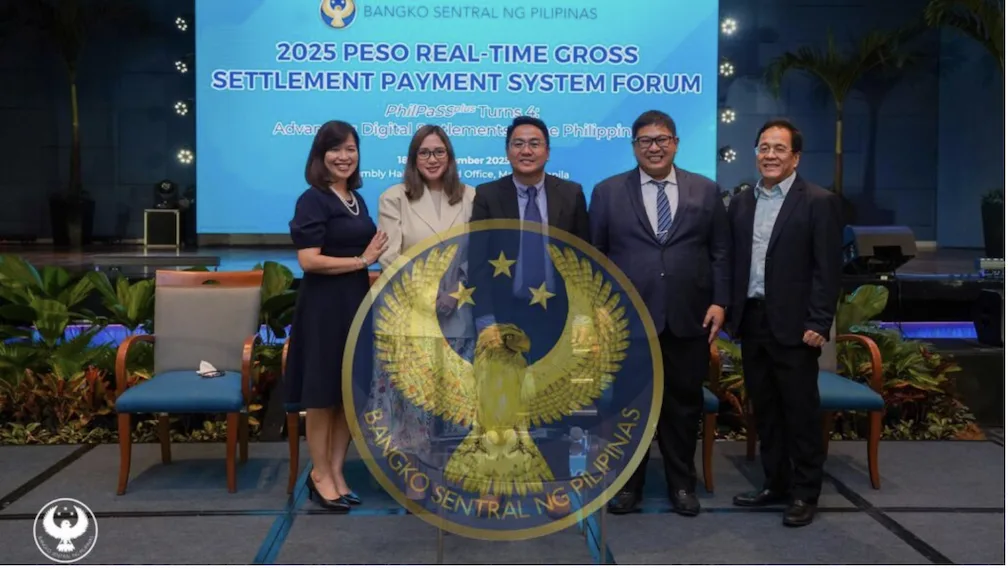The Bangko Sentral ng Pilipinas (BSP) has urged banks and other financial institutions to work together in developing a 24/7 real-time payment system that would allow continuous processing of fund transfers and financial transactions across the country.
The central bank made the call during the 2025 Peso Real-Time Gross Settlement (RTGS) Forum, held at its Head Office in Manila on September 18–19, and at its North Luzon Regional Office on October 2.
The event gathered around 350 representatives from banks, quasi-banks, non-bank e-money issuers, financial market infrastructures, and clearing switch operators participating in the country’s RTGS operations.
Expanding beyond business hours

The BSP currently operates the Philippine Payments and Settlements System (PhilPaSSplus), which serves as the country’s RTGS facility. It processes high-value interbank payments, securities transactions, and settlement of clearing obligations.
Under an RTGS framework, payments are settled individually and in real time, minimizing credit and liquidity risks compared with deferred net settlement systems. The BSP said shifting to a 24/7 model would allow financial institutions to settle transactions at any time of day, enabling faster fund transfers, improving liquidity flows, and supporting sectors that depend on continuous payment processing.
A round-the-clock system could also allow the Philippines to link its domestic payment networks with those of other countries — opening possibilities for cross-border e-commerce, real-time remittances, and more efficient capital market transactions such as bond trading.
Strengthening financial infrastructure
The RTGS Forum also marked the fourth anniversary of the PhilPaSSplus system, which replaced the older Philippine Payments and Settlement System in 2021.

During the event, the BSP and industry stakeholders discussed planned operational refinements, including updated procedures for holidays and unplanned work suspensions, progress on the ISO 20022 Standard Harmonization Project, and results of the 2025 customer satisfaction survey.
Officials also reviewed the implementation of penalties for erring participants and upcoming technical enhancements aimed at improving system reliability and transaction efficiency.
BSP officials were joined by representatives from BancNet, SWIFT, and the Philippine Clearing House Corporation (PCHC), who shared updates on efforts to enhance interoperability among payment platforms and strengthen cybersecurity measures in digital transactions.
Villa said the discussions highlighted the shared responsibility of both regulators and industry players in ensuring that the country’s payment infrastructure evolves in step with the needs of the financial system and the broader economy.
Industry readiness and next steps

While the BSP has not yet announced a timeline for implementing 24/7 RTGS operations, the central bank said stakeholder engagement and technical studies are underway. Moving toward continuous settlement will require extensive system upgrades, changes in liquidity management, and a reassessment of operational risk and staffing models across financial institutions.
In the Philippines, the initiative complements the BSP’s broader goal of promoting digital payments and expanding financial inclusion under its Digital Payments Transformation Roadmap. The central bank has set targets to increase the share of digital payments to 50 percent of total retail transactions and to onboard 70 percent of Filipino adults into the formal financial system.
The BSP emphasized that while technology plays a key role, achieving a 24/7 payment environment will depend on cooperation among banks, clearing institutions, and payment service providers to maintain stability, security, and consumer trust.
“Modernizing our payment system is not just about technology. It is about coordination, collaboration, and shared accountability,” Villa said. “We envision a payment ecosystem that operates seamlessly, safely, and continuously — for everyone, anytime.”








